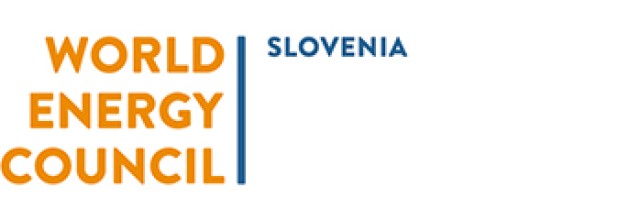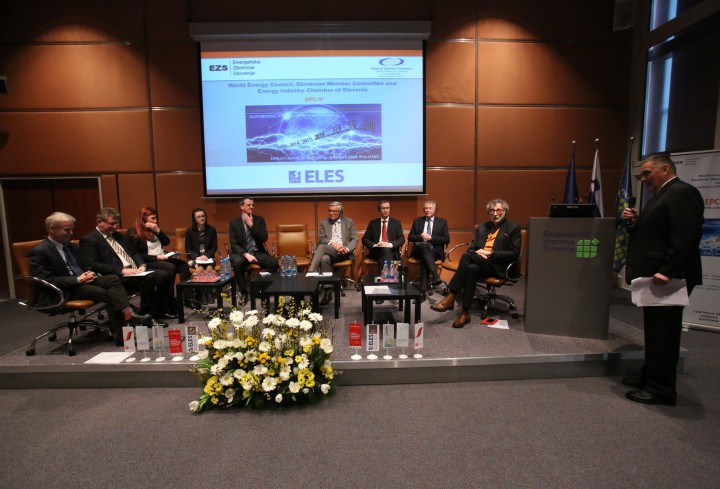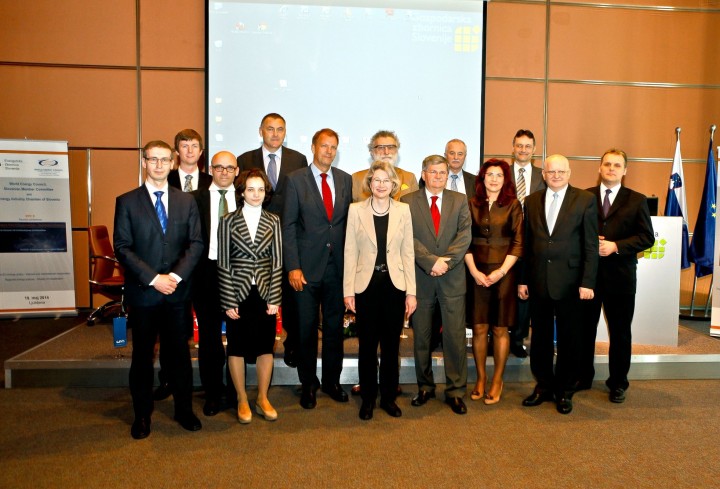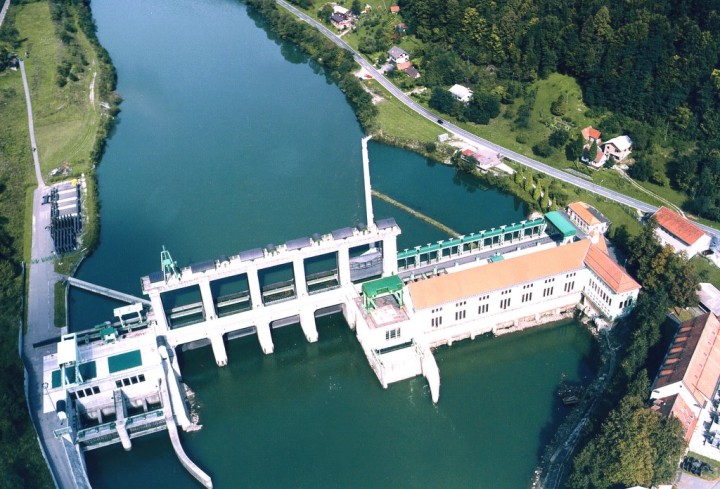The Slovenia National Committee aims to promote sustainable energy development in Slovenia, as a part of the World Energy Council’s energy vision. As a member of the World Energy Council network, the organisation is committed to representing the Slovenian perspective within national, regional and global energy debates. The committee includes a variety of members to ensure that the diverse energy interests of Slovenia are appropriately represented. Members of the committee are invited to attend high-level events, participate in energy-focused study groups, contribute to technical research and be a part of the global energy dialogue.
Energy in Slovenia
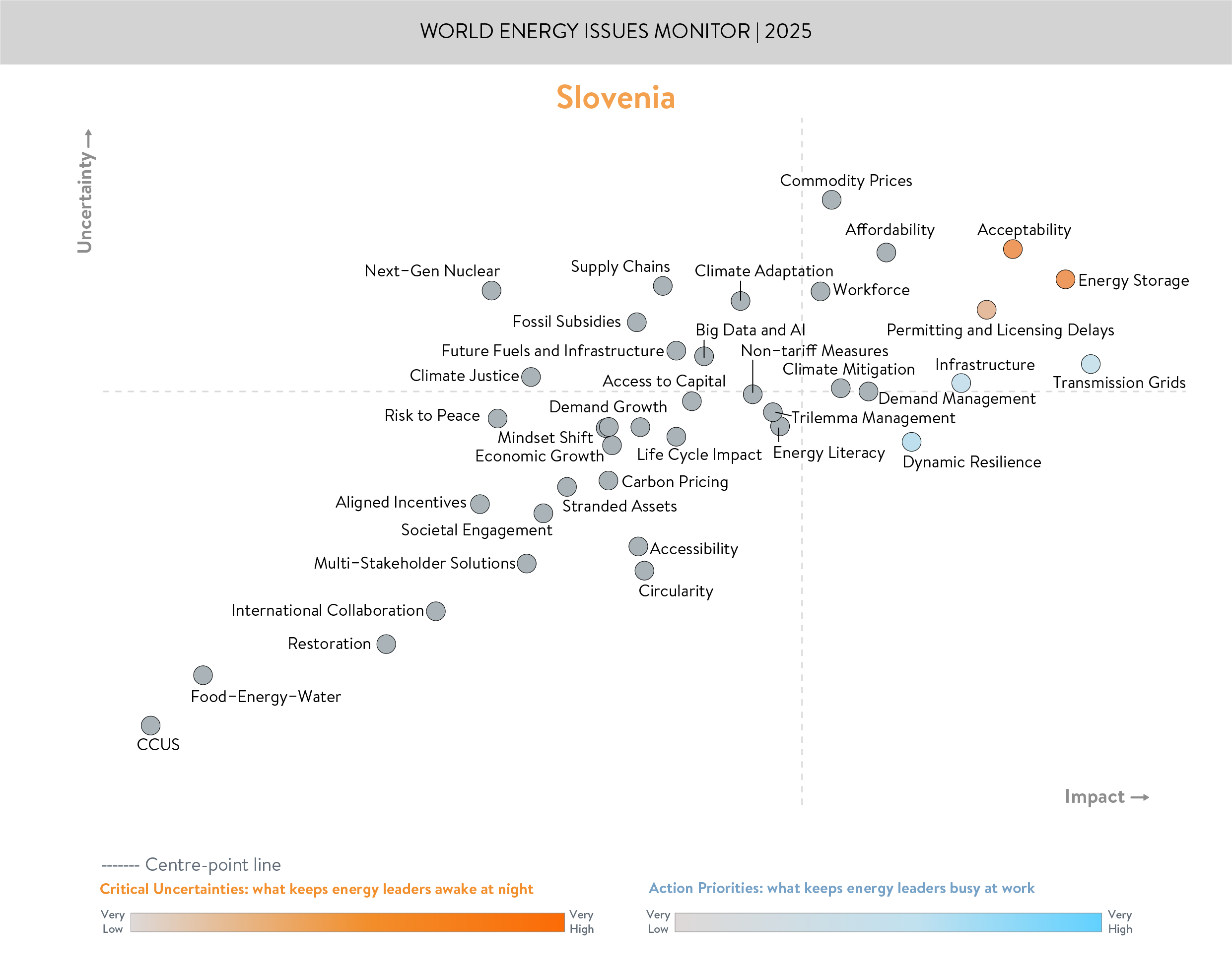
ENERGY ISSUES IN MOTION
Slovenia’s energy sector is undergoing a profound transformation, driven by technological advancements, socio-economic shifts, and evolving geopolitical landscapes. The 2025 Slovenia Energy Issues Map identifies affordability and energy storage as the most pressing critical uncertainties, both of which are pivotal for ensuring a resilient, sustainable, and economically viable energy system.
Slovenia maintains a strong position in the World Energy Trilemma Index, ranking 11th in 2024 (down from 9th in 2022), with scores of 69.1 for energy security, 93.8 for energy equity, and 77.0 for environmental sustainability. This slight decline reflects external market disruptions, evolving policy frameworks, and ongoing energy transition efforts. In response, the Slovenian government is adapting its energy policies to balance affordability, security, and sustainability.
Key Priorities in Energy Transition
- Energy storage plays a crucial role in Slovenia’s decarbonization strategy, impacting grid stability, load balancing, and the integration of intermittent renewable energy sources. Investments in battery storage technologies, hydrogen infrastructure, and advanced demand-response mechanisms are accelerating. A national hydrogen backbone infrastructure is planned, with the first phase set for 2030 and full deployment by 2050, reinforcing hydrogen’s role in industrial decarbonization and cross-sector energy flexibility.
- Affordability remains a pressing concern due to persistent global energy price volatility, disproportionately affecting industrial competitiveness and household energy costs. In response, Slovenia is implementing targeted subsidies, market stabilization measures, and regulatory adjustments to mitigate financial burdens while advancing its energy transition.
- Grid modernization is a high-priority objective to ensure efficient energy distribution, enhanced cross-border electricity trading within the EU, and improved resilience to climate-related disruptions. The deployment of smart grids and digital infrastructure is central to optimizing energy management and system transparency.
FROM BLIND SPOTS TO BRIGHT SPOTS
While Slovenia has made notable progress in its energy transition, several critical blind spots persist, which could hinder long-term resilience. At the same time, certain best practices provide valuable models for other nations.
Areas Requiring Greater Focus
Big Data and AI in Energy Management: Despite its potential to enhance forecasting accuracy, optimize real-time grid operations, and improve energy efficiency, AI deployment in Slovenia remains limited to pilot projects and niche applications. Expanding AI-driven analytics could reduce inefficiencies and optimize energy flows.
- Carbon Capture, Utilization, and Storage (CCUS): While widely recognized as a viable solution for industrial decarbonization, CCUS remains underdeveloped in Slovenia’s climate policy. Greater investment in pilot projects and research collaborations could strengthen its role in achieving long-term emission reduction targets.
- Supply Chain Vulnerabilities: Slovenia depends on imported critical minerals and energy technology components, exposing the country to geopolitical risks and price fluctuations. Diversifying supply chains and fostering local production capacity is necessary to enhance energy security.
Slovenia’s Best Practices in Energy Transition
- Community-Driven Energy Models: Slovenia has successfully implemented local energy cooperatives and municipally led renewable energy projects, promoting greater public engagement and decentralized governance. These initiatives improve energy equity and enhance local grid resilience.
- Industrial Decarbonization through Circular Economy Principles: Slovenian industries are progressively integrating smart energy systems, waste-to-energy solutions, and low-carbon manufacturing methodologies, positioning the country as a regional leader in sustainable industry transformation.
- Advancements in Hydrogen Infrastructure: Hydrogen has been designated as a cornerstone of Slovenia’s energy strategy, with investments in green hydrogen production, hydrogen filling stations, infrastructure retrofitting, and cross-border energy projects. These efforts enhance system flexibility and strengthen regional integration.
By addressing these blind spots while leveraging its existing strengths, Slovenia can accelerate its energy transition and solidify its leadership in the European clean energy sector.
ADDRESSING CRITICAL UNCERTAINTIES TO BALANCE THE ENERGY TRILEMMA
Ensuring a balanced approach to the World Energy Trilemma — encompassing energy security, equity, and environmental sustainability — remains the foundation of Slovenia’s energy policy. The country is taking proactive steps to mitigate uncertainties and strengthen resilience through cohesive policy integration and long-term investments.
Strategic Focus Areas
- Energy Security: Slovenia aims to enhance energy independence by expanding its renewable energy portfolio and advancing plans for a second reactor unit at the Krško Nuclear Power Plant (NEK2) and is reviewing options for implementing new nuclear technologies – such as SMRs at other locations across the country. Strengthening regional energy interconnectivity with EU markets is also a priority, reducing supply dependencies and fostering integrated trade networks.
- Energy Equity: Rising energy costs are exacerbating social and economic disparities, prompting Slovenia to introduce targeted financial aid programs, demand-response incentives, and energy literacy initiatives. These efforts expand access to sustainable energy solutions while reducing the risk of energy poverty.
- Environmental Sustainability: The updated National Energy and Climate Plan (NEPN 2024) establishes ambitious targets, including a 32% renewable energy share and a 40% reduction in greenhouse gas emissions by 2030. Investments in smart grids, transport electrification, and hydrogen adoption reflect Slovenia’s commitment to achieving deep decarbonization.
Furthermore, Slovenia’s Strategy for Heating and Cooling until 2050 is a milestone policy initiative, aimed at fully phasing out fossil fuels in district heating and transitioning to electrified thermal solutions. This roadmap emphasizes building energy efficiency, renewable-based heating integration, and demand-side flexibility.
Country Energy Statistics and Economic Context
Slovenia’s energy production has slightly decreased, falling from 33.2 TWh to 30.4 TWh, while total energy consumption has reached 64.9 TWh. The country maintains a well-diversified energy mix, with fossil fuels, nuclear, and renewables each contributing a substantial share to electricity generation.
GDP per capita has increased to $33,000, reflecting economic growth, while the industrial sector accounts for 29% of GDP, indicating a strong demand for stable and affordable energy supply. Slovenia also maintains a high Human Development Index (HDI) of 0.9, underlining its strong social and economic foundation for energy transition.
Conclusion: Slovenia’s Position in the Global Energy Transition
As Slovenia navigates the complexities of its energy transition, its ability to effectively address uncertainties while capitalizing on its strengths will be decisive in shaping its long-term energy resilience. With a strategic blend of innovation, policy foresight, and market adaptability, Slovenia is well-positioned to serve as a global benchmark for a just, secure, and sustainable energy future.
By fostering cross-sector collaboration, prioritizing digitalization, and leveraging EU partnerships, Slovenia can accelerate its path toward energy self-sufficiency and climate neutrality, ensuring that its energy transition remains inclusive, competitive, and forward-looking.
Acknowledgements
Slovenia Member Committee
Downloads
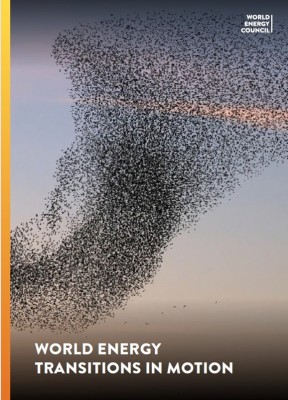
Slovenia Energy Issues Monitor 2024 Country Commentary
Download PDF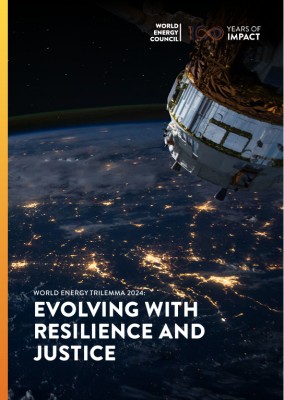
Slovenia World Energy Trilemma Country Profile 2024
Download PDF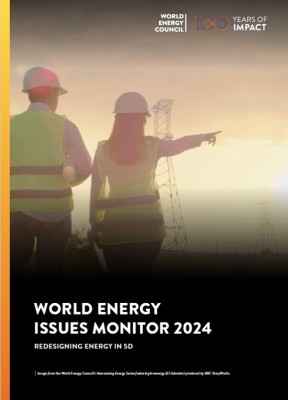
Slovenia Energy Issues Monitor 2024
Download PDF
World Energy Issues Monitor 2024
Download PDF


